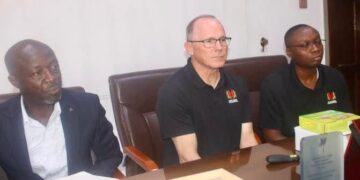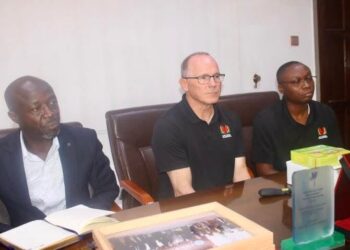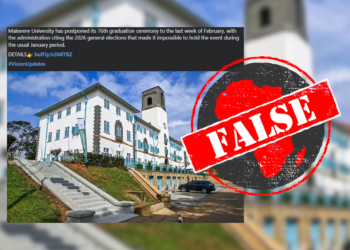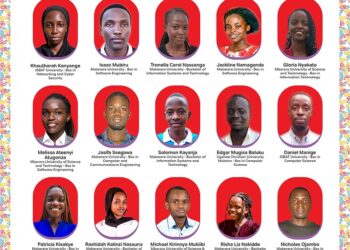The private sector plays a pivotal role in transforming Africa’s educational landscape by contributing not just capital, but also innovative ideas, efficiency, and proven methodologies.
According to the UNESCO Institute for Statistics (UIS), more than 30 million children in Sub-Saharan Africa are out of school, highlighting the challenges of providing universal education.
In a continent where access to quality education remains a significant challenge, the private sector’s involvement is helping to fill the gaps left by public education systems.
Through investments in infrastructure, technology, and skill development, private enterprises have introduced modern learning solutions and improved educational standards.
For example, the African Development Bank reports that private investment in education in Africa has increased significantly in recent years, with the private sector contributing to over 50% of new school constructions across the continent. Many private companies have also developed partnerships with governments and non-governmental organizations to ensure their contributions align with national education goals.
Moreover, private institutions often embrace flexible learning models, offering a variety of curricula and learning methods tailored to meet diverse student needs. This innovation is especially crucial in rural and underserved areas, where traditional educational services are limited. As of 2023, the World Bank estimates that there are over 10,000 private schools in Sub-Saharan Africa, serving millions of students who would otherwise have limited access to education.
The involvement of the private sector extends beyond just funding. Businesses bring their expertise in management, logistics, and technology to improve educational administration, teacher training, and student engagement. For instance, companies like Andela and Moringa School offer innovative training programs that focus on coding, software development, and other in-demand skills.
Additionally, UNICEF reports that the introduction of e-learning platforms, like Khan Academy and Eneza Education, is helping students in remote areas access high-quality educational materials. These platforms also support teachers through professional development programs, with more than 1 million African students benefiting from such services.
Despite the evident benefits, challenges remain in ensuring that private sector investments are sustainable and equitable.
According to the African Union’s 2016 Education Strategy, there is a need for transparent and accountable frameworks to prevent exploitation and ensure that these initiatives reach the most vulnerable communities. The World Economic Forum also notes the importance of striking a balance between public and private contributions to ensure inclusivity and accessibility.
Ultimately, the private sector’s continued engagement in Africa’s education sector is essential for the growth and development of the continent. Its role in shaping a more inclusive and innovative education system will be crucial in preparing the next generation of Africans for a competitive global economy.
The International Finance Corporation (IFC) forecasts that by 2030, private sector contributions will be a key driver in meeting Africa’s growing educational needs, ensuring that millions more children and young people have access to quality education.
Credit:
This article is based on data and insights from the UNESCO Institute for Statistics (UIS), African Development Bank, World Bank, UNICEF, International Finance Corporation (IFC), and World Economic Forum. All sources referenced have contributed significantly to understanding the impact of the private sector in shaping the future of education in Africa.
















































































 EduTimes Africa, a product of Education Times Africa, is a magazine publication that aims to lend its support to close the yawning gap in Africa's educational development.
EduTimes Africa, a product of Education Times Africa, is a magazine publication that aims to lend its support to close the yawning gap in Africa's educational development.